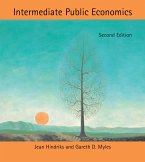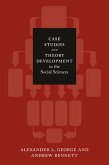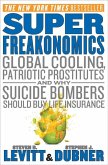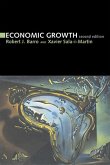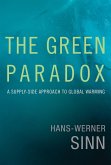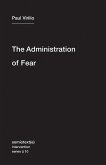Lectures on Urban Economics offers a rigorous but nontechnical treatment of major topics in urban economics. To make the book accessible to a broad range of readers, the analysis is diagrammatic rather than mathematical. Although nontechnical, the book relies on rigorous economic reasoning. In contrast to the cursory theoretical development often found in other textbooks, Lectures on Urban Economics offers thorough and exhaustive treatments of models relevant to each topic, with the goal of revealing the logic of economic reasoning while also teaching urban economics. Topics covered include reasons for the existence of cities, urban spatial structure, urban sprawl and land-use controls, freeway congestion, housing demand and tenure choice, housing policies, local public goods and services, pollution, crime, and quality of life.
Bitte wählen Sie Ihr Anliegen aus.
Rechnungen
Retourenschein anfordern
Bestellstatus
Storno


